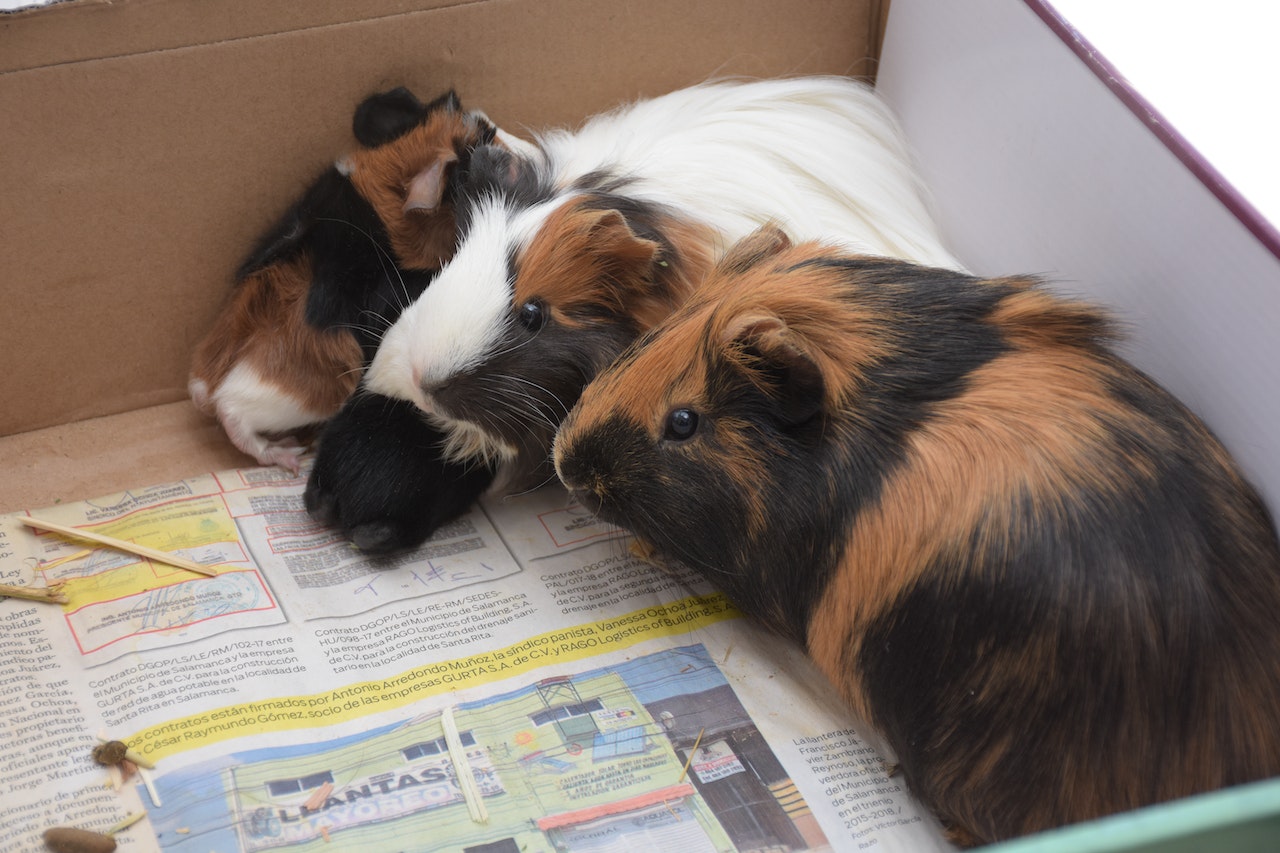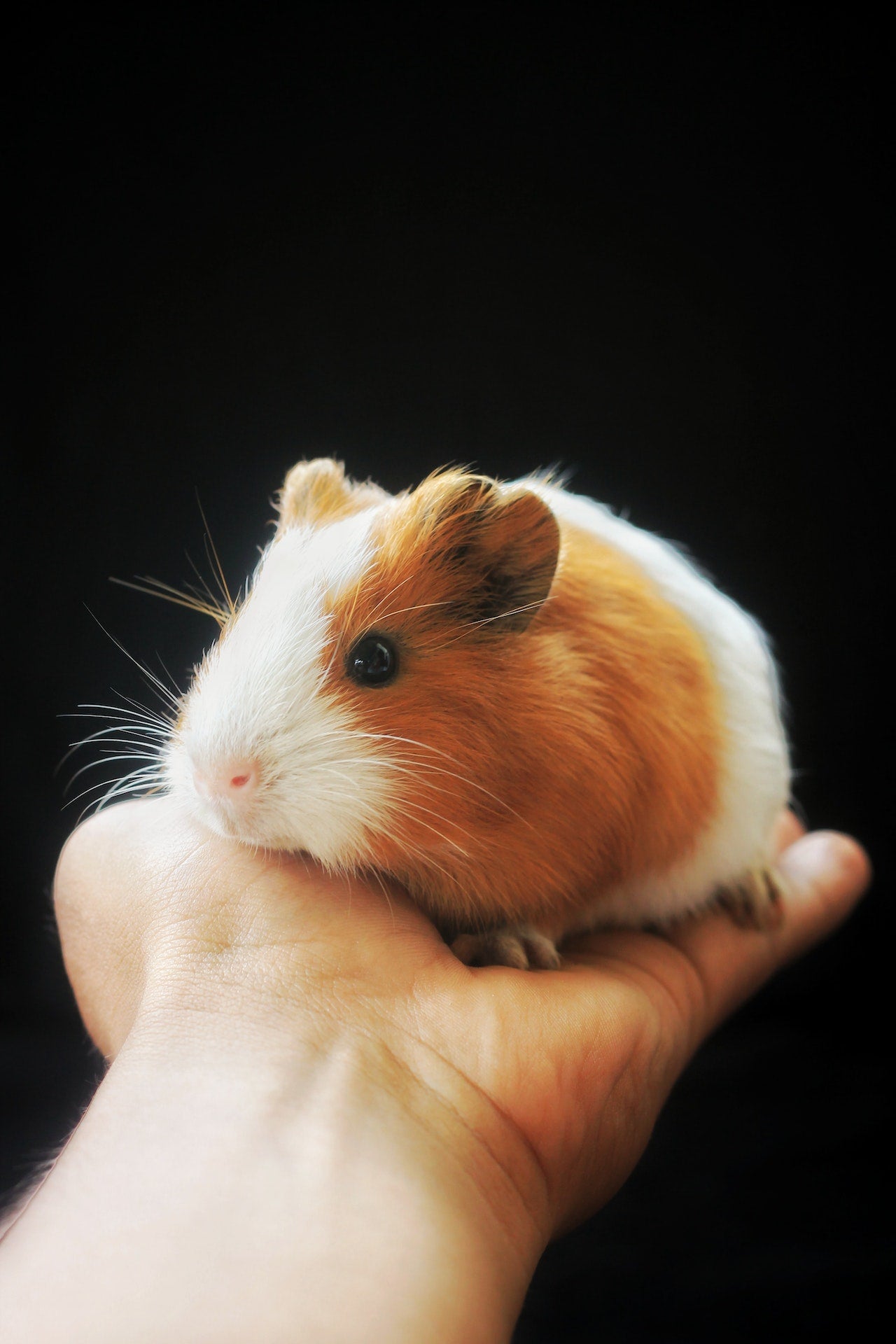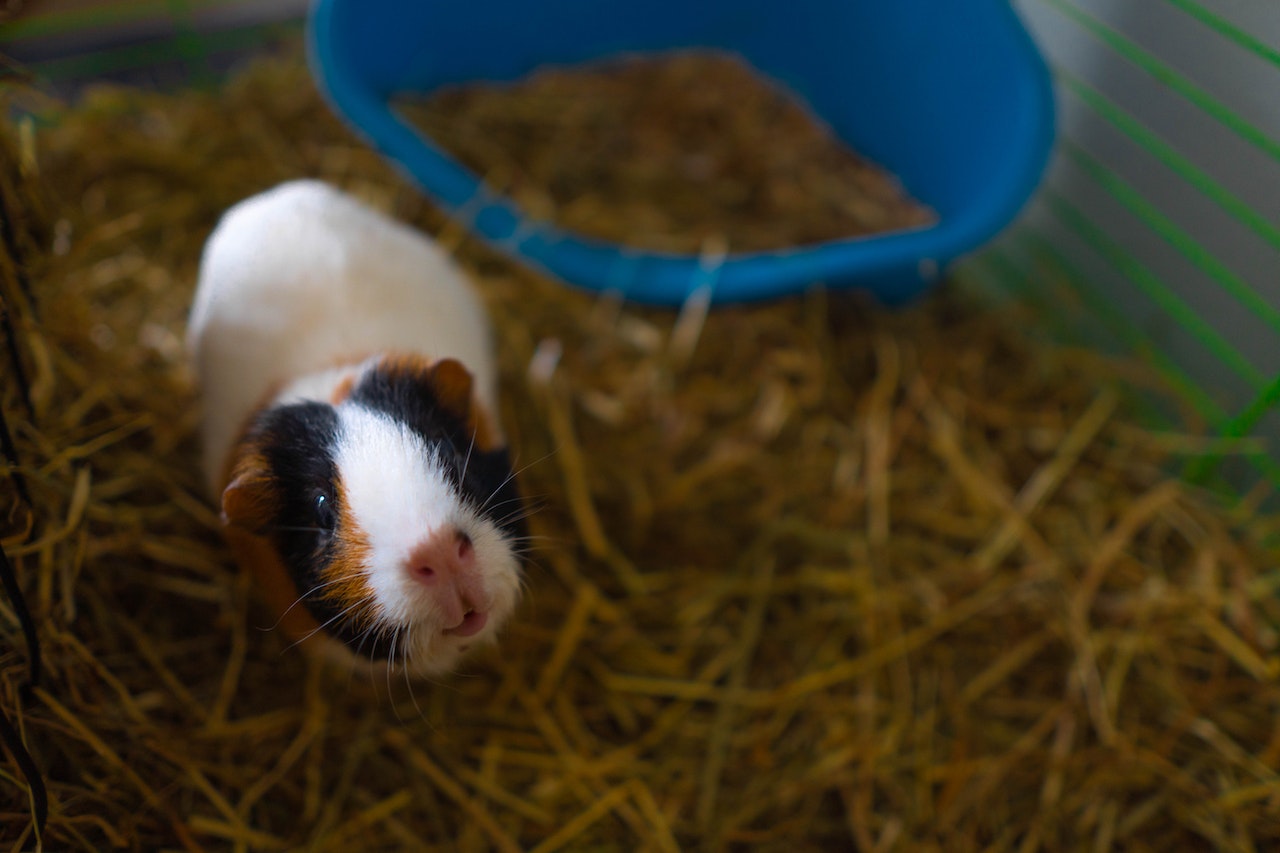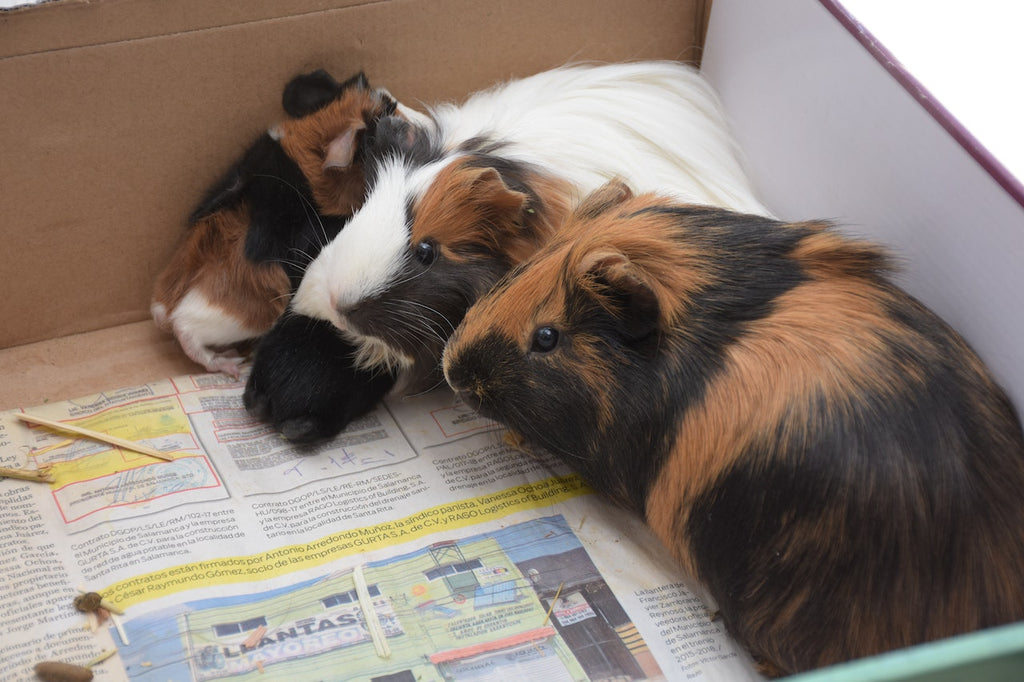
Turnips are a root vegetable that belongs to the Brassicaceae family, which also includes other vegetables like broccoli, kale, and cauliflower. They are known for their white, bulbous roots, which are usually eaten cooked but can also be consumed raw. Turnips are a cool-season crop and are often planted in the fall for harvest in the winter. However, they are a popular vegetable in many cuisines around the world, particularly in Europe, and Asia. They are also used in a wide range of dishes, such as soups, stews, roasts, and salads.
In terms of nutrition, turnips are a good source of fiber, vitamin C, and potassium, they are also low in calories. Also, they contain antioxidants and other beneficial compounds that have been linked to various health benefits, such as reducing inflammation and improving heart health. Can guinea pigs benefit from this vegetable? Can guinea pigs also eat Turnips? Continue reading this article to find out
Can guinea pigs eat Turnips?
Yes, guinea pigs can eat turnips, but it should only be in moderation. Turnips are a very good source of vitamin C, which is important for guinea pigs since they can not produce this vitamin on their own. This vitamin C content also helps to prevent Scurvy, a disease that can occur in guinea pigs that are deficient in this vitamin. Also, they are high in nutrients like vitamin K, fiber, and potassium but are low in calories.
However, it is important to note that turnips are also high in calcium and oxalate. While calcium is an important mineral for guinea pigs, too much of it can lead to health problems such as bladder stones. This is why the accurate proportion of these little cavies should always be served to them.
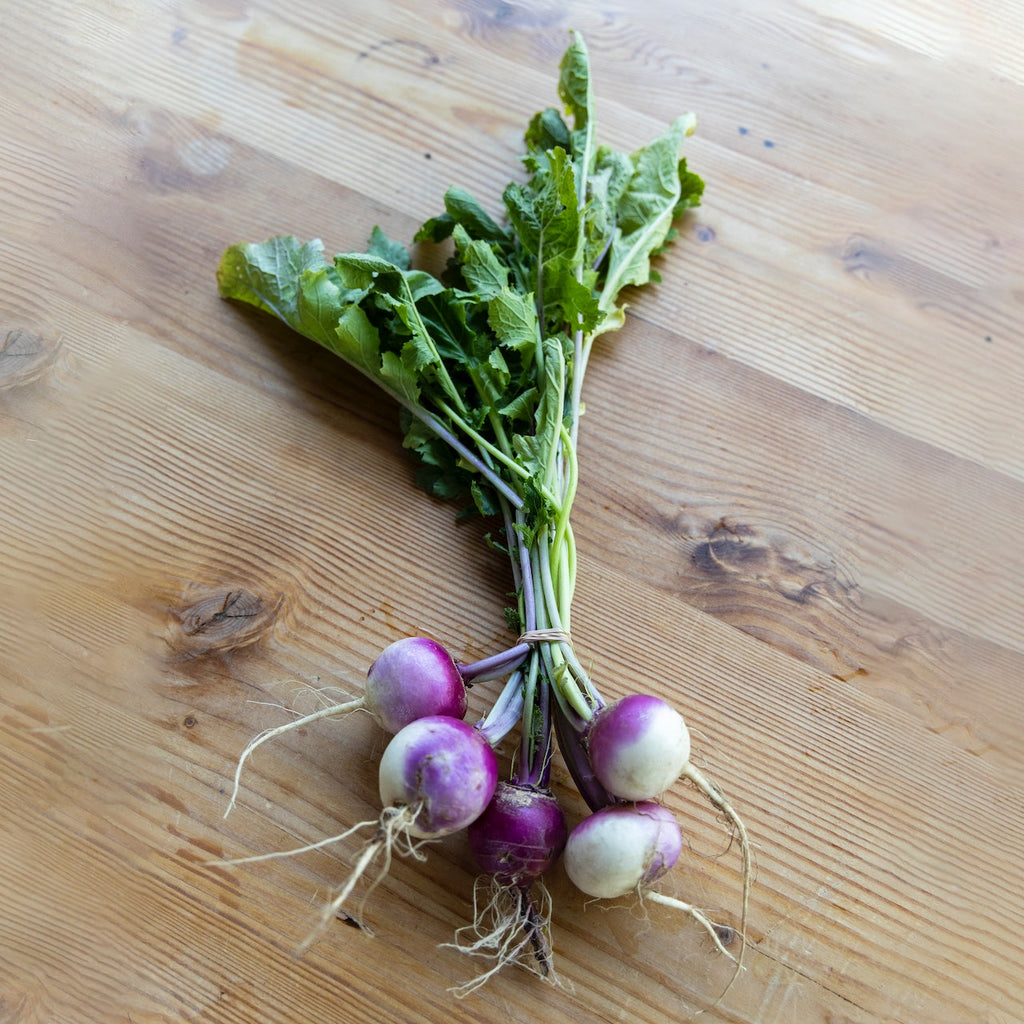
What is the correct proportion of feeding turnips to guinea pigs?
The correct serving size for feeding turnips to guinea pigs is about 1-2 tablespoons of chopped turnips, or a small slice of turnips can be fed to your pets once or twice a week, and it should never be fed on two consecutive days. It is important to remember that turnips can only be given as treats and not as main components of guinea pigs' diet. You should note that when it comes to feeding turnips to guinea pigs, it is important to remember that variety is key. This means that, while turnips can be a healthy addition to your guinea pig's diet, they should not be the only vegetable that your little pet is eating.
When introducing turnips, start with small amounts and gradually increase the serving size over time. Also, make sure to choose fresh, high-quality turnips that are free of pesticides and other harmful chemicals.
Can guinea pigs eat turnips green?
Yes, guinea pigs can eat turnips green in addition to turnip roots. Turnips green are the nutritional part of the turnip plant and can provide your little cavies with important vitamins and minerals such as Vitamin C, Vitamin K, and calcium. However, it should be fed in moderation just like the roots, because they contain a decent amount of oxalate, which can bind with calcium and contribute to the formation of bladder stones in guinea pigs if they are fed in excessive amounts.
Can guinea pigs eat dried turnips?
Guinea pigs can eat a variety of fruits and vegetables as part of a balanced diet, but it is important to be careful with the types and amounts of food you give them. An example is dried turnips, which are not recommended food for guinea pigs. While turnips themselves are safe for guinea pigs to eat in moderation, dried turnips may be high in sugar and may contain preservatives or additives that can be harmful to guinea pigs. Hence, it is best to stick to fresh vegetables and fruits.
What are the health benefits of feeding turnips to guinea pigs
Turnip is a vegetable that is enriched with a lot of beneficial nutrients like vitamins, minerals, dietary fiber, and antioxidants. All these essential nutrients are responsible for keeping your little cavies healthy. This article will highlight some of the health benefit turnips leaves offer to your pets
Rich in vitamins
Turnip is enriched with a lot of nutrients, and among them is vitamin C. Guinea pigs are animals that can not synthesize this nutrient On their own, therefore, they seek diets that contain a decent amount of this nutrient. Vitamin C is known for controlling inflammatory diseases and also to prevent scurvy (a common vitamin C deficiency). Other vitamins you will find are vitamins B, E, and k, and all these vitamins also have the various benefits they offer to guinea pigs
Rich in antioxidants
Turnip also contains a decent amount of antioxidants, these nutrients are useful in preventing several diseases. This occurs by eliminating the toxic substance that is present in the body system of your guinea pigs. They also work with other nutrients to prevent anti-aging and also improve the immune system of your cavies
Rich in fiber
Another essential nutrient that guinea pigs need is dietary fiber, this is because it aids digestion. Other benefits of dietary fiber are regulating bowel movements, maintaining body weight, reducing the risk of diseases like cancer, and also working with other nutrients to control sugar level
Contain low calories
Turnip is nutrients dense or weight-friendly vegetable that can help your little cavies maintain their weight. This is because they contain low calories and also, they will work with other nutrients to regulate their sugar level
Possible health risks of feeding turnip to guinea pigs
Urinary problem
Turnip is enriched with a high amount of calcium and oxalic acid, overfeeding them to your guinea pigs may result in kidney or bladder stones among other urinary problem
Digestive problem
Turnip is enriched with a high amount of vitamins, and overfeeding them to your guinea pigs may result in health risks like diarrhea because of their sensitive stomach and other digestive problems like gastrointestinal issues, bloatedness, or gasses
Conclusion
Guinea pigs can eat turnip, as has been discussed above, however, it should only be given in moderation. Turnip is a root vegetable with various health benefits because of the number of essential nutrients present in them, but they also contain nutrients like oxalates and calcium which should only be in tiny amounts in your little cavies body. This is why pet owners should get familiar with this article for a better understanding of the topic

